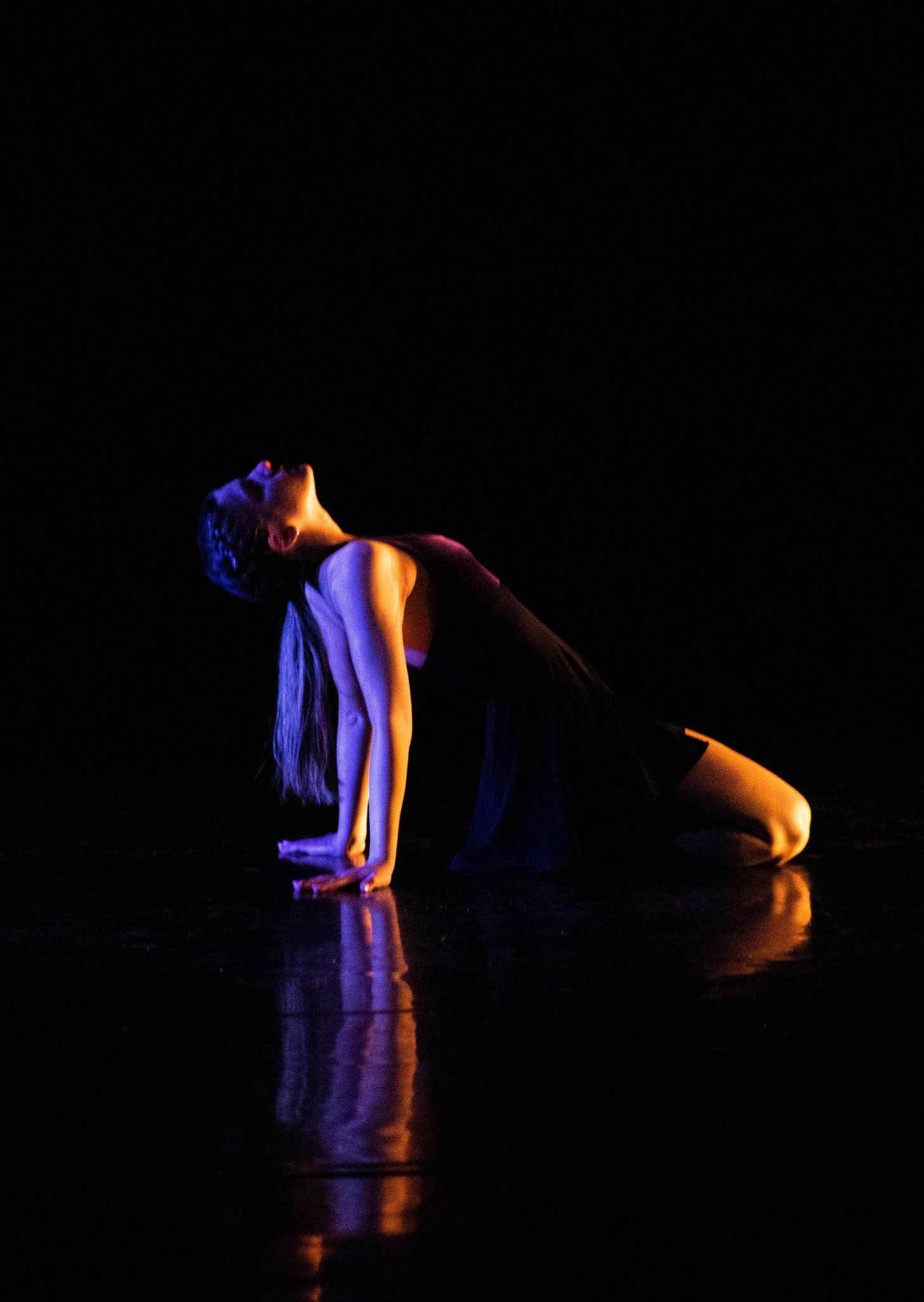In time of the crises of the spirit, we are aware of all our need, our need for each other and our need for our selves. —Muriel Rukeyser
The past few months I’ve found my time in the studio to be profoundly uplifting as I surrendered to new ways of exploring movement, not because of injury or ailment, but to identify a deeper representation of my relationship with the divine. I am also grateful that early in my career I established independence as a free lance artist, not always on the wealth end of the spectrum, mostly frugal, but certainly a journey that allowed me to explore inner dimensions of myself more frequently than if I were under the restraints of a professional dance company. I’ve encountered an independence not often available in the dance arena, with schedules, performances, rehearsals and definitive deadlines.
The past week certain events reflected back to me the value of freedom of expression through participation in sacred ceremonies and ritual celebrations. A particularly poignant and memorable event of witnessing that freedom and openness to Spirit occurred in a production of John Rutter’s Requiem. The concert was presented by Emmanuel Episcopal Church’s Choir and Choristers conducted by Dr. Homer Ferguson, III in collaboration with a number of guest musicians. It was a sublime event.
With inattention to how we are being in the world we end up engaging in the misuse of language, errors in thinking, and flagrant disrespect toward fellow human beings and the planet. But there in the midst of chaos, a concert was presented—unspeakable beauty and grace. A reminder to pay attention, to be awake, to listen and see. Art touches a part of our being rarely tapped in these days of distractions and busyness.
James Baldwin once said:
[S]ociety must accept some things as real; that [the creative person] must always know that visible reality hides a deeper one, that all our action and achievement rest on things unseen.
E. M Forster (1870-1970) explored original creativity in his out of print collection of essays published in Two Cheers for Democracy:
The people I admire most are those who are sensitive and want to create something and do not see life in terms of power, and such people get more of a chance under a democracy than elsewhere. They found religions, great or small, or they produce literature and art or they do disinterested scientific research (or they may be called “ordinary people,” who are creative in their private lives, bring up their children decently, for instance or help their neighbors.) All these people need to express themselves; they cannot do so unless society allows them liberty to do so, and the society which allows them most liberty is a democracy.
Artists are people who bear in their souls a sensitivity to all around them and a profound understanding of the truths unseen, often not stated in words. Their key sustenance is a connection to their hearts which for some includes stillness and contemplative practices.
In my own pursuit of sacred dance, I no longer seek perfection, but revel in the steady practice of co-creation, allowing line, gesture and form to speak through me, a message meaningful and resilient to the times in which we live. It’s a deep inner practice and when delivered publicly the wise observer recognizes a truth beyond words.
So here we are in another historical time of transformation. It is a period full of angst, questions, fear, and hope. After the election we will carry on and meet the next day driven by life and re-birth. Forster had this to say of the resilience of those quiet people, perhaps on the fringe of society—
[Artists] represent the true human tradition, the one permanent victory of our queer race over cruelty and chaos. Thousands of them perish in obscurity a few are great names. They are sensitive for others as well as for themselves, they are considerate without being fussy, their pluck is not swankiness but the power to endure, and they can take a joke . . . their temple . . . is the holiness of the Heart’s affections, and their kingdom, though they never possess it, is the wide-open world. With this type of person knocking about, and constantly crossing one’s path if one has eyes to see or hands to feel, the experiment of earthly life cannot be dismissed as a failure.
Our commitment to LOVE cannot be overstated. Love of self and love of neighbor. Our quiet moments must be filled with light to allow for the inner joy that can arise inexplicably from the depths of our beings even in times of transformation. Our hearts know how we are to be. Keeping faith and listening for truth will be essential in the days ahead.
May the words of American poet and political activist Muriel Rukeyser (1913-1980) serve as a reminder of our heart’s desire:
In time of crisis, we summon up our strength. Then, if we are lucky, we are able to call every resource, every memory that can make us know our power. And this luck is more than it seems to be; it depends on the long preparation of the self to be used.
In closing, perhaps these words will serve as a meditation throughout your day: Be still, and know that I am God. I will be exalted among the nations, I will be exalted in the earth! (Psalm 46:10)




diane, what a beautifully and powerfully written piece. thank you so much. victoria tssf